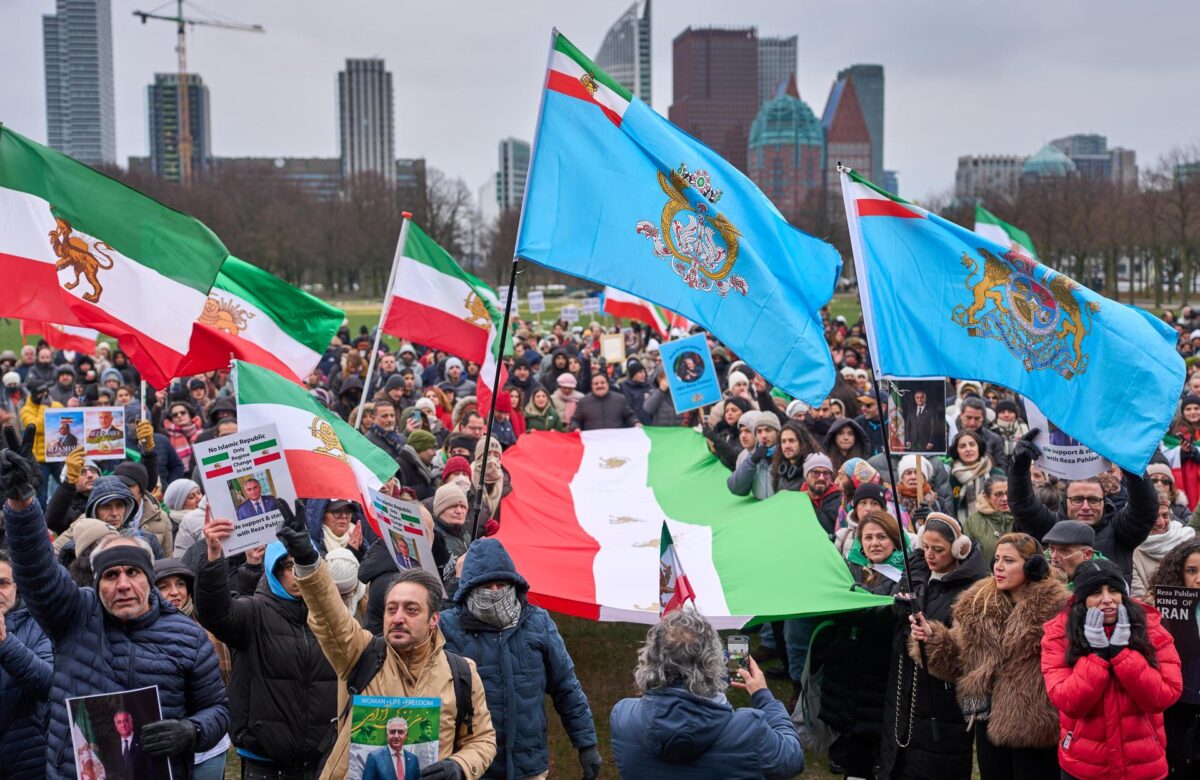Keir Starmer expected to push for Palestinian state in Labour manifesto | Labour
- Politics
- June 6, 2024
- No Comment
- 120
Keir Starmer is planning to use the Labour manifesto to make his strongest commitment yet on Palestinian statehood in a move to shore up the party’s core support on the left, sources have told the Guardian.
People with knowledge of the document say the Labour leader is expected to include a pledge to recognise Palestine before the end of any peace process, and to make sure such a move does not get vetoed by a neighbouring country.
The final version of the manifesto will be agreed in a meeting with unions on Friday and launched officially next Thursday.
Labour sources say it will be a cautious package of measures, without many retail policy announcements, unlike the more policy-heavy manifestos the party published under Jeremy Corbyn in 2017 and 2019.
One source who has seen the draft manifesto document said: “Everybody is incredibly concerned about making any financial commitments because the Conservatives can weaponise that. But if you don’t have any funding, you’re not going to have any policies.”
In moves that are likely to delight trade unions, Labour is preparing to include a promise to lower the retirement age for ambulance drivers as a way to boost recruitment and retention. Labour officials have indicated that doing so could be a precursor to similar moves for other NHS workers, in what would be a relatively low-cost way to improve staffing levels.
The manifesto is also set to include a promise to look into the way public sector pay review bodies recommend pay settlements, but not to increase public funding for them.
The manifesto is also set to include guarantees on workers’ rights, recruiting more teachers and “driving down” net migration – though without a specific target. It will promise to allow military identification to be used at polling stations but will not promise to abolish voter ID altogether.
It will not include a commitment to remove the government’s two-child benefit cap despite pressure from many in the party. It will focus heavily on security, including an image of Starmer in combat uniform.
The detailed mention of the Middle East was not widely expected, given that the main thrust of the manifesto will deal with Starmer’s five core “missions”: the economy, education, health, energy and crime.
The commitment to recognising a Palestinian state “as part of a peace process” echoes comments made in January by David Cameron, the foreign secretary.
Lord Cameron told the Conservative Middle East Council that the Palestinian people would have to be shown “irreversible progress” towards a two-state solution “as [the peace process] happens”. He was criticised by many in his own party for doing so.
Labour’s policy is likely to irritate Israel, whose prime minister, Benjamin Netanyahu, reacted with anger when Ireland, Spain and Norway all officially recognised Palestine in May. Netanyahu called the move a “reward for terrorism”.
after newsletter promotion
In the early days of the conflict in Gaza, Starmer was keen not to stray far from the support to Israel being shown by the British government and the US. That position caused fury on the Labour left, especially when he told an interviewer that he thought Israel had the right to cut off water and power supplies to citizens in Gaza.
In recent weeks Labour has been more willing to depart from the government’s position, including giving implicit support for the decision by the chief prosecutor at the international criminal court to request an arrest warrant against Netanyahu.
Labour is hoping the wording on Palestinian statehood will help recover some ground among Muslim and progressive voters, many of whom have become disillusioned with the party’s foreign policy in recent months. Party officials say they are worried they could lose two urban constituencies – Bristol Central and Sheffield Hallam – as a result.
Union leaders and Labour officials are likely to rubber-stamp the manifesto when they meet on Friday during the party’s “clause V” meeting. Some of the more intense negotiations are likely to focus on Labour’s package of workers’ rights, which have been the subject of discussion between the party and unions for several weeks.
Those close to the manifesto process say the party has promised to implement the package “in full” but is set to include a promise to “end” zero-hours contracts instead of banning them straight away, to the dismay of some unions.
#Keir #Starmer #expected #push #Palestinian #state #Labour #manifesto #Labour









